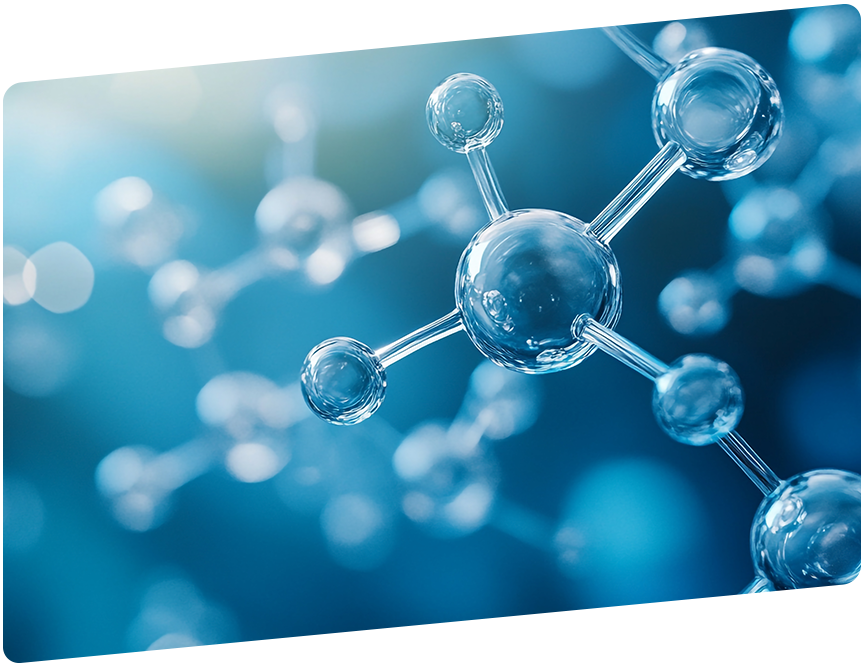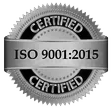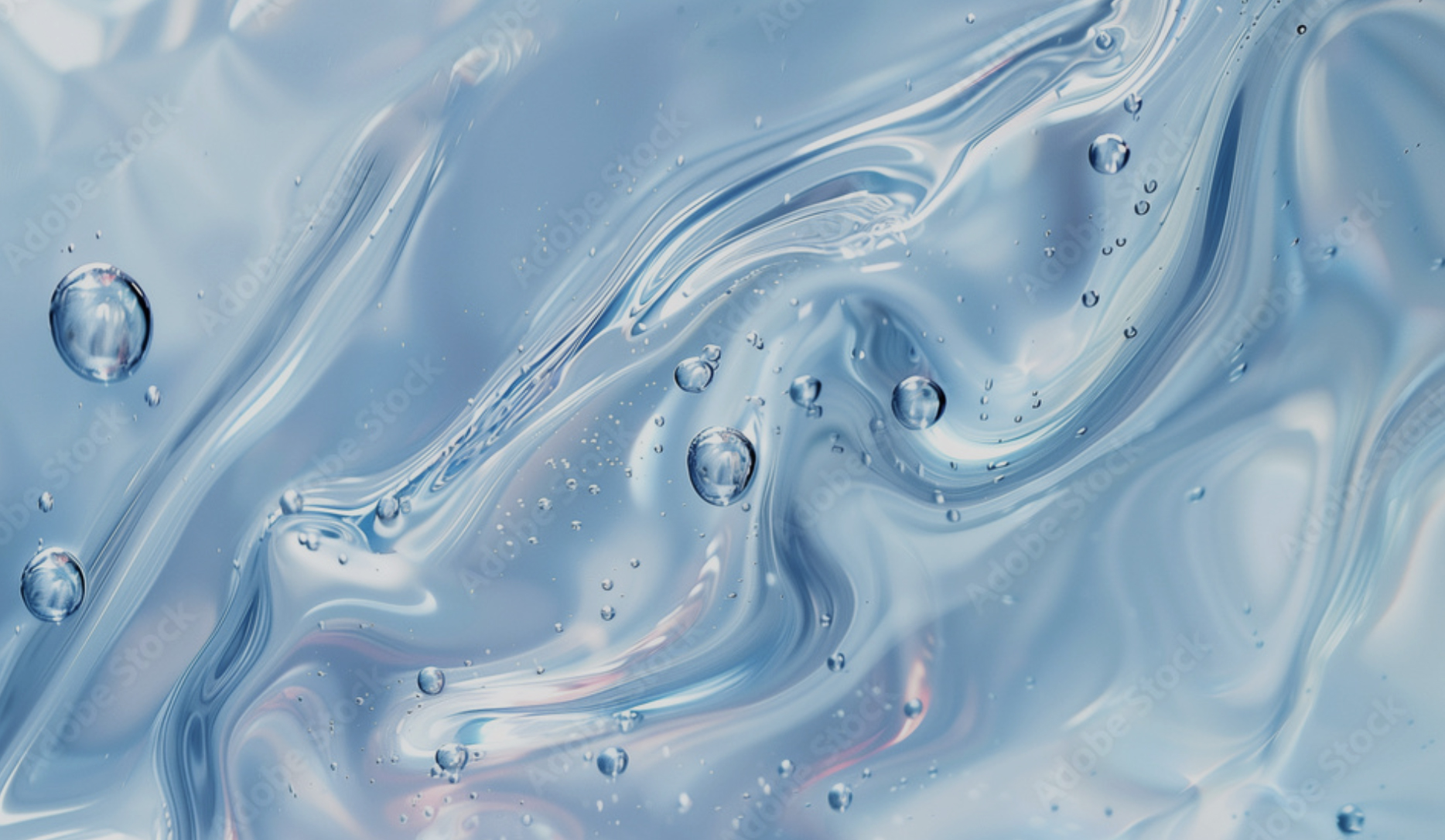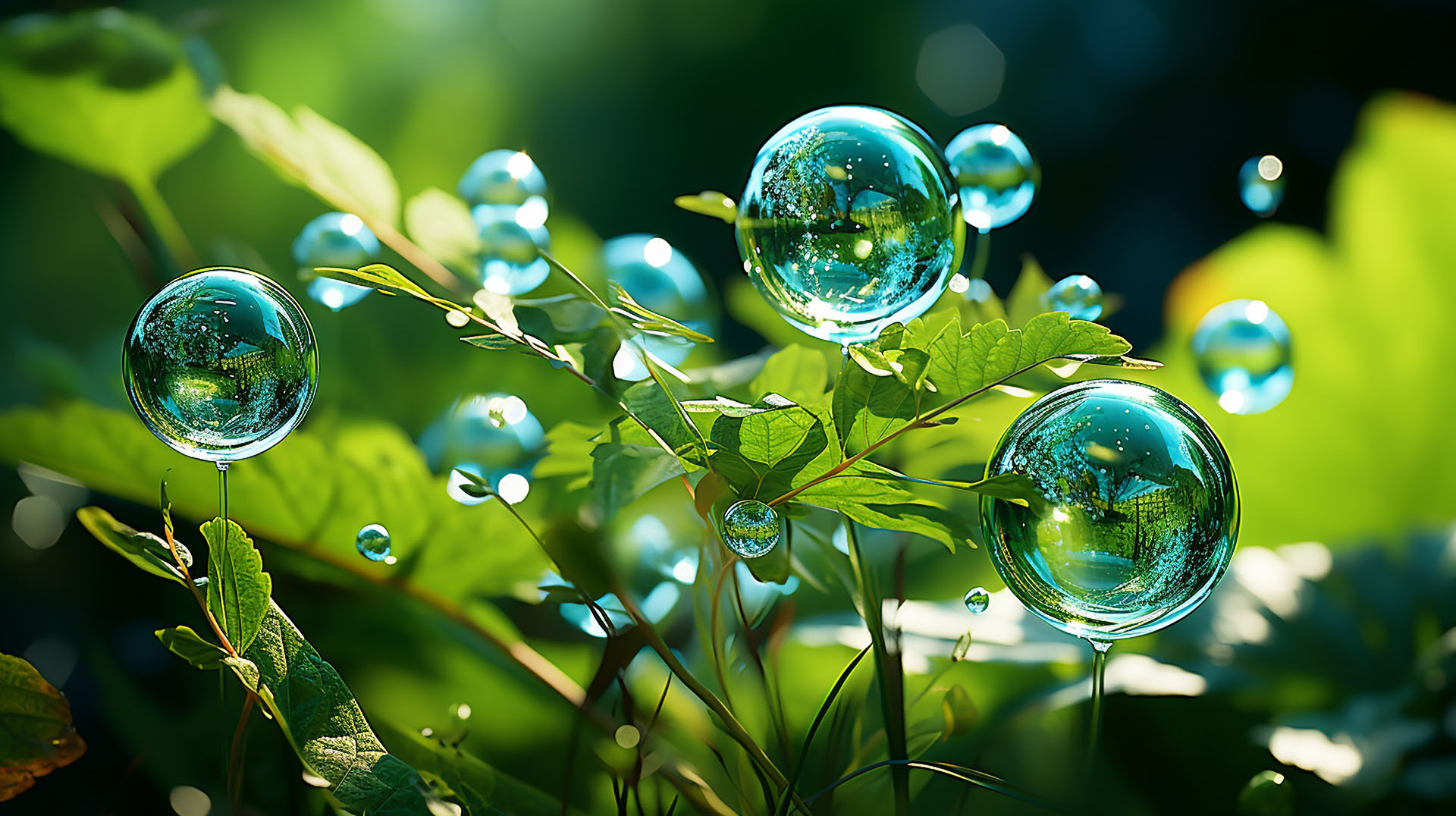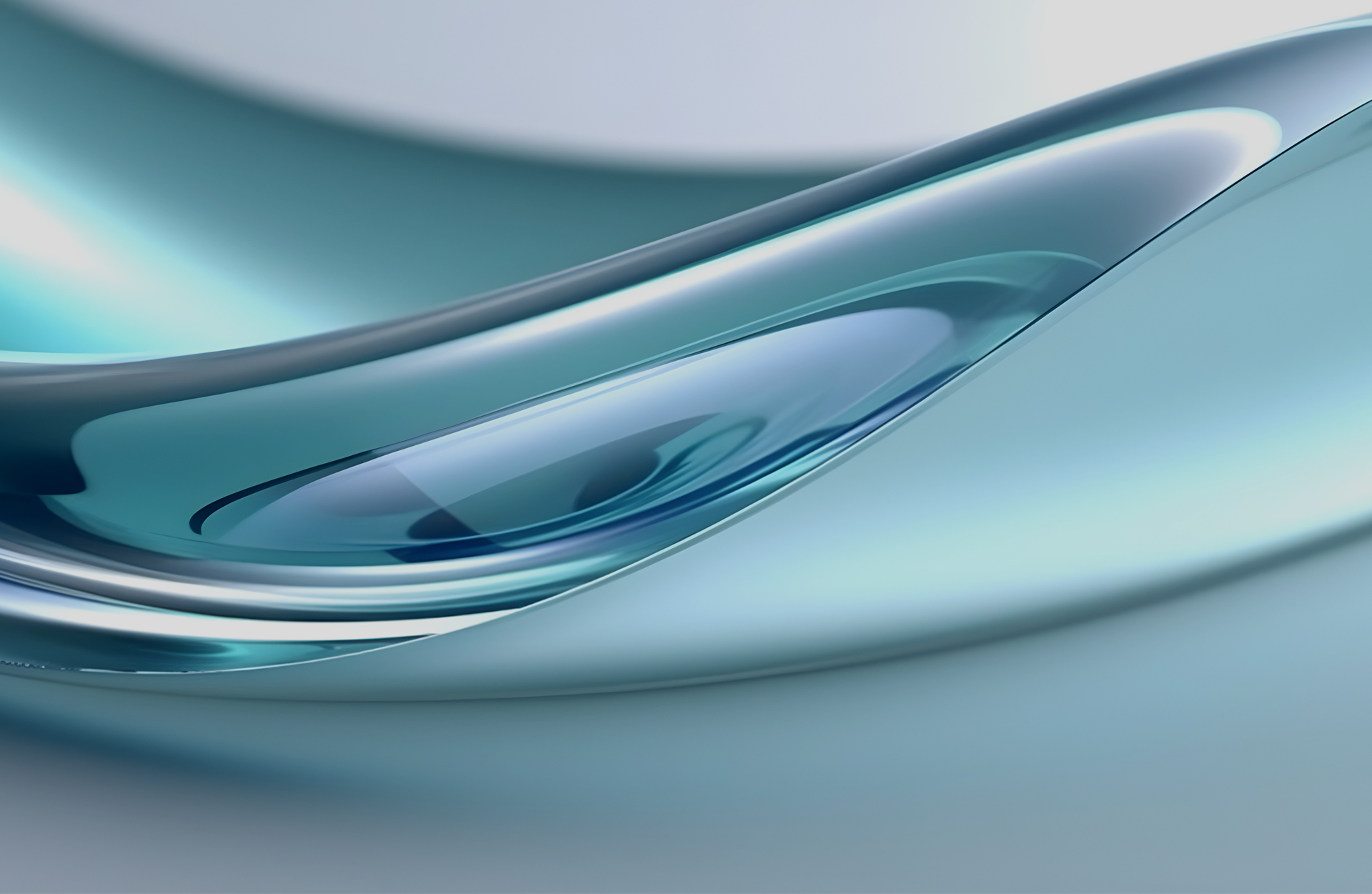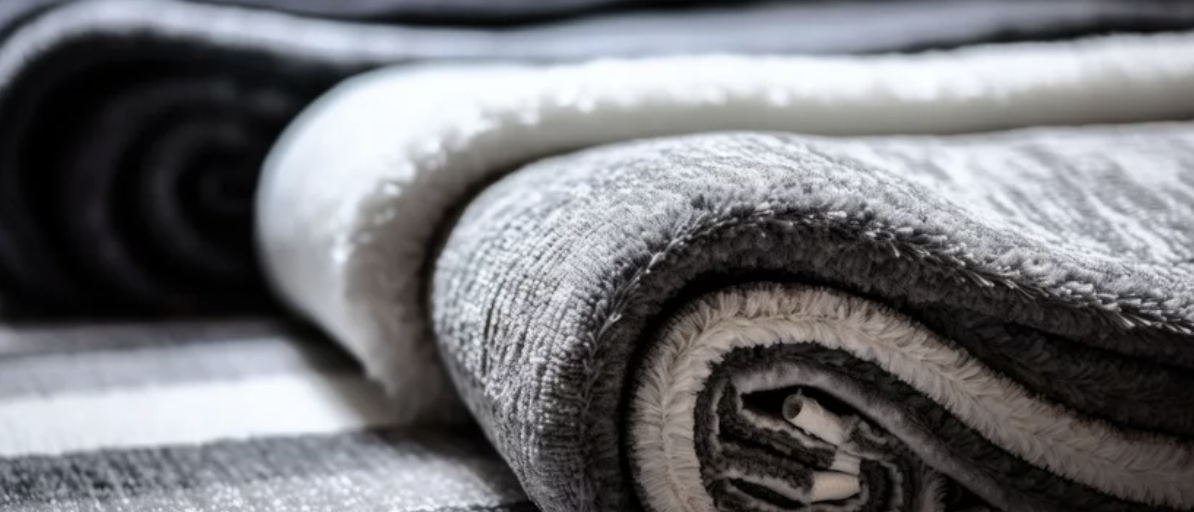Urea Hydrochloride
Urea hydrochloride is an important chemical compound with a wide variety of industrial and commercial applications. This odorless, acidic powder can enhance manufacturing processes, improve product formulations, and bring valuable benefits when used properly. Here’s everything you need to know about urea hydrochloride to leverage it effectively from your local supplier.
Chemical Composition & Structure
Chemically speaking, urea hydrochloride is formed when urea reacts with hydrochloric acid. The urea component is an organic compound comprising carbon, nitrogen, oxygen, and hydrogen. Meanwhile, hydrochloric acid (HCl) is a strong inorganic acid.
When these two compounds are combined through a chemical reaction, the result is urea hydrochloride in powder form. The powder can range from white to slightly yellow in color. The compound is crystalline in structure, with the hydrochloride anion bonding to the urea cation. Understanding the chemical composition of urea hydrochloride is key to leveraging its potential in your own formulations. The properties that emerge from this composition make the compound so versatile.
Properties of Urea Hydrochloride
The chemical structure of urea hydrochloride lends it several useful properties:
- Acidity – The hydrochloric acid component makes urea hydrochloride acidic. This allows it to adjust pH levels.
- Solubility—Urea hydrochloride dissolves easily in water and other solvents like ethanol and methanol, aiding in its blendability into solutions.
- Stability – The compound is generally stable under standard temperature and pressure conditions, allowing for ease of storage.
- Reactivity – Urea hydrochloride participates in reactions with other compounds, particularly with formaldehyde, to produce resin polymers.
- Hygroscopicity—When exposed to humidity, the material readily absorbs moisture from the surrounding environment. This affects how the powder must be stored and handled. Understanding these physical and chemical properties informs the proper usage of urea hydrochloride in manufacturing processes and chemical formulations.
Uses & Applications
The unique properties of urea hydrochloride make it extremely versatile. Here are some of the top uses and applications across different industries:
Agriculture
In agriculture, urea hydrochloride is a key component of nitrogen-rich fertilizers. The urea component provides a readily available nitrogen source, while the hydrochloric acid frees up nutrients in the soil. This promotes better nitrogen absorption by plants and crops.
Animal Health
When added to animal feeds, urea hydrochloride provides a nutritional boost of protein and minerals. This helps address nutritional deficiencies in livestock. Specific dosages and feed formulations must be followed to avoid potential toxicity.
Paper Production
When combined with formaldehyde in paper processing, urea hydrochloride acts as a wet-strength resin, giving paper products greater durability and structural integrity. From napkins to cardboard, urea hydrochloride improves wet strength for all kinds of paper goods.
Plastics & Resins
As mentioned, urea hydrochloride reacts well with formaldehyde. This makes it useful in forming melamine, urea-formaldehyde, and phenol-formaldehyde resins. These resins can be molded into finished plastic products or used to create adhesives.
Personal Care
In diluted form, Urea hydrochloride is an effective keratolytic agent used in some lotions, creams, ointments, and medications for skin conditions like eczema. It helps soften and shed rough, scaly skin.
As you can see, urea hydrochloride is used widely across many manufacturing sectors. Understanding these applications is key to leveraging their benefits.
As you can see, urea hydrochloride is used widely across many manufacturing sectors. Understanding these applications is key to leveraging their benefits.
Industrial Applications
For industrial-scale chemical manufacturing and processing, urea hydrochloride is hugely important. Here are some of the top industrial applications:
- Cleaning Products – Urea hydrochloride adjusts the pH in many bathroom cleaning agents, toilet bowl cleaners, concrete cleaners, grout cleaners, detergents, and as a hard surface cleaner. This enhances cleaning power.
- Road De-icing—Urea hydrochloride is a de-icing agent that makes Melting snow and ice on roads easier and reduces corrosion.
- Dyeing & Printing: The compound improves dye absorption and fixation in textile processing, leading to more vibrant, lasting colors on fabrics.
- Oil Drilling – Combining urea hydrochloride with formaldehyde polymers creates drilling muds that improve extraction in the oil industry.
- Tanning & Leather – Adding urea hydrochloride to chrome tanning formulations reduces the amount of chromium needed while softening hides.
- Construction Materials: Urea hydrochloride adjusts porosity and provides acid resistance in cement, mortar, and ceramics.
- Chemical Synthesis – The compound is a precursor for synthesizing pharmaceutical ingredients, pesticides, plastics, textile auxiliaries, and more.
Properly integrating urea hydrochloride into these large-scale industrial processes improves production and reduces costs.
When You Need to Purchase Urea Hydrochloride, Turn to Us
Urea hydrochloride is a highly versatile chemical compound that serves many industrial purposes. Understanding its chemical composition and properties allows manufacturers to integrate it into their processes for improved productivity and efficiency. By considering the applications, industrial uses, and safety best practices covered here, you’ll be equipped to harness the benefits of urea hydrochloride.
For access to urea hydrochloride and other specialty chemicals, rely on the experts at Polyventive. Contact us today to explore how urea hydrochloride can work for you. Our team is ready to help you source and handle this useful compound while maintaining safety. We also offer other products for your formulations, including acid dyes. Get in touch now to discuss your chemical needs.
